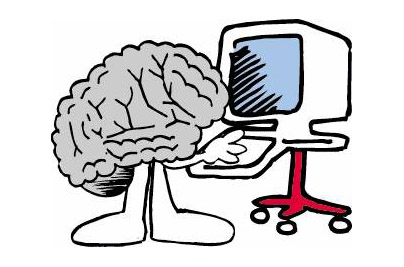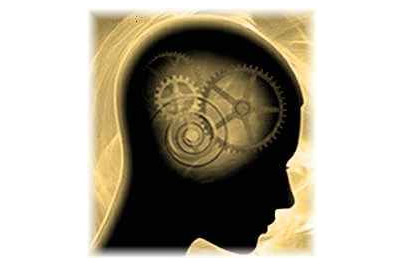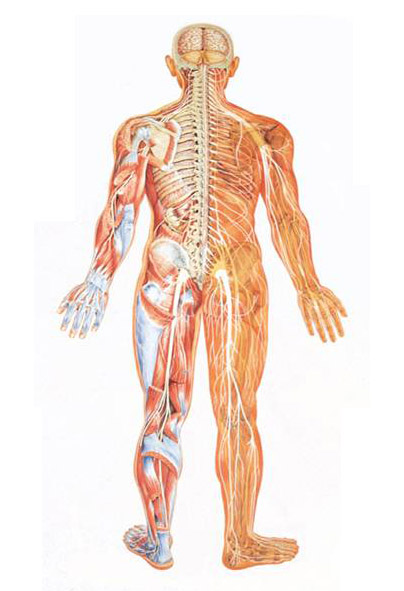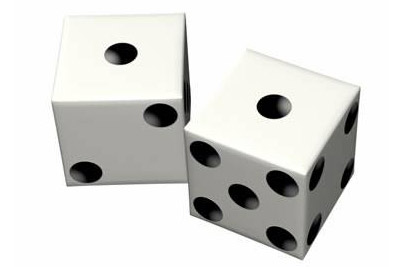Nine Brain Habits You Didn’t Realize You Had…(from Mindcafe.org)
Brain is certainly the most amazing part of human body. It becomes more interesting when it does not work the way you expect it should. Psychology frequently establishes our intuitions about how human mind works, but it reveals a number of surprises as well…
Although some psychology students will have heard one or two of these before, here’s a list of brain habits you probably didn’t realize you had:
1. The maximum capacity of your short-term memory is seven.

Humans have basically three forms of memory: Sensory, Long-term and Short-term. Long-term memory is just like hard-drive space. Similarly, Short-term memory functions like a very small RAM. This Short-term memory is capable to hold only about five to nine (seven is an average) items at a time.
Retrieving information longer than this will need you to either pack it together into seven units or store it in Long-term memory. Have you observed that most phone numbers have only seven digits?
2. The most visible color is Chartreuse.

Yellowish green, chartreuse is naturally placed right in the middle of the frequencies of visible light. Human eyes have receptors for green, blue and red. Being placed in the middle, chartreuse actuates the most of these receptors to fire, making it distinct and easier to spot. For the same reason, in some metropolises, firetrucks have been modified from red to a yellowish green color to make them more visible and obvious to the eye.
3. Subconscious is smarter than you.

Subconscious is smarter than you. In other words, it is more powerful. In a recent study, a square was attributed to a location on a computer screen through a complex pattern. After watching it out, people began to get results better than chance of recognizing where the square would crop up next. However, when they were inquired to consciously find out the pattern, even given a few hours, nobody really did it!
4. There are two nervous systems.

We have two sets of nervous systems. One controls excitation, while the other controls inhibition. If you hold out your hand, you might observe minor tremors. This is actually stimulated by slight, random differences in the amount each of the two systems are firing.
5. Brain is exceptionally bad at probability.

Your high-school math teacher might have told you about this fact. Here what’s interesting isn’t that your brain is bad at probability. But how? In one study, recipients were asked:
Nearly 90% of students responded that #7 was more probable than #5. This is despite the fact that to be a bank teller and in the feminist movement is entirely contained within the set of #5 (just being a bank teller). It is observable that our minds like to think more details make events more probable, not less.
6. Memory isn’t great either.

Research has revealed that people are highly probable to misremember past events. Even worse, it is quite easy to suggest a memory that never happened. Due to this fact, so-called “repressed” memories should be given a lot of consideration. It is extremely easier to suggest a memory of a situation that never encountered, then it is to recover one that actually did.
7. Depth is perceivable with one eye.

It’s not quite true that depth perception is totally the result of having two eyes. Binocular vision does help in making a three-dimensional image. Still, most of your capability to perceive depth comes from inside your brain. It has been wired to look at angles and proportions to measure distance.
If you needed two eyes to perceive depth, then most optical illusions wouldn’t work and it would be extremely difficult to gather information from two-dimensional images. Not to mention a great number of one-eyed pirates walking overboard.
8 . Long-term memory closes up during sleep.

The components of the brain that carry information to Long-term memory turn off while sleeping. For the same reason, dreams quickly fade out after you wake up. Although you may have quite a few dreams in a night, they aren’t being memorialized into Long-term memory. Normally only the fragments of a dream left in Short-term memory have a possibility to be converted after you wake up.
9. The Brain has an amazing instant playback feature.
The last form of memory, i.e. Sensory memory is actually your brain’s equivalent to an instant playback feature. Functioning for both your vision and hearing, your thalamus can resend signals a few seconds after they were originally sent.
Let’s suppose being at a party and overhearing someone call your name. Often you can recall what they said even if you were concentrating on another conversation. This is because your sensory memory re-sends the signals when it feels something important, such as your name. If you missed this form of memory, activities such as multitasking or taking notes from a speaker would not be practicable for you.
If you’re supposed to repeat something you just said because the other person wasn’t hearing, just wait for a few seconds. Often they can replay the message in their head and cause to a reaction.
No comments:
Post a Comment